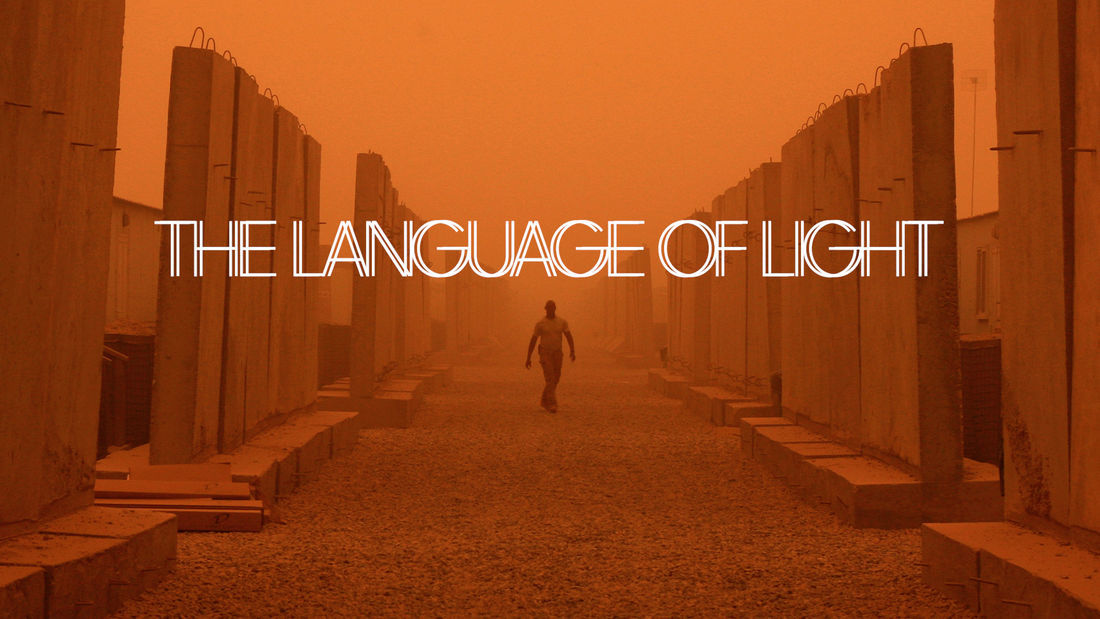
A series of 7 x 25 minute documentaries,
TRAILER: https://vimeo.com/915793213?share=copy
Seven different Australian photographers, each with a significant body of work and each with a different photographic style:
1/ Ponch Hawkes
· - feminist photographer
A Melburnian, Ponch’s work has explored themes to do with women, sport (including circus), female bodies, relationships and identity. Starting out in the Pram Factory and early Circus Oz period, Ponch photographed circus performers, then extended out to portrayals of artists, feminists, sportspeople and others. Her first exhibited work was Our Mums and Us, featuring her female friends and their mothers, amongst them writer Helen Garner. More recent projects such as Flesh after 50 / 500 Strong exhibitions have explored the ageing female body. Hawkes’ extensive career is considered an influential part of the Australian Feminist art movement.
Selected for the 2025 Toronto Women Film Festival, Canada
2/ John Street
· - formerly a commercial photographer, now an art photographer
Born in the UK John spent the first 15 years of his life in and out of different orphanages. He remembers light being an important thing to him as he lay in fields as a child, looking up at the sky. John subsequently became a merchant seaman, then returned to London in the swinging 60s and became a commercial photographer. He migrated to Australia and continued this work, being acclaimed as a very exacting food photographer. At a later stage John swapped to an ultra large format camera to compose unique, one-off art photographs, which he describes as ‘slow photography’. At the age of 90 he has now sold his large camera but continues to make photographs that are more of a combination of art and photography – ‘painting with light’.
3/ Jacqueline Mitelman
· - portrait photographer
Born in Scotland and migrating to Australia as a child, Jacqueline has lived and worked in Melbourne apart from a period living in France. She has worked as a freelance photographer focusing primarily on portraiture. A wide range of private commissions has resulted in an extensive collection of portraits of culturally significant Australians, described as “fusing the intensity of the moment with stillness of icons” (Dr Vivien Gaston). Jacqueline was awarded the National Photographic Portrait Prize in 2011. Her works are held in public institutions and private collections in Australia and internationally.
Screened at 2023 International Portrait Film Festival, Bulgaria
4/ Meredith O’Shea
· - photojournalist
Born into a working class family in Melbourne, Meredith’s father chose to move them to very outer suburban greenery and freedom. She preferred horse-riding to school, but became interested in film and photography. She was scooped up by THE AGE as soon as they saw her folio, and they have been her main employer for the last 2 decades. She creates most of her own story concepts for the newspaper and believes her working class background allows her to relate more easily to her subjects - she covers difficult issues and engages with her subjects at a profound level of intimacy, revealing hauntingly beautiful photographs of her subjects at their most vulnerable. And then there are the beautiful photos of her children, which she started taking during COVID…
Nominee for the 2025 Toronto Women Film Festival, Canada
5/ Ricky Maynard
· - an Indigenous documentary photographer
An Indigenous Tasmanian photographer, Ricky started as a darkroom technician at the age of 16.
Winner - Best International Photography Documentary Short
6/ Emmanuel Santos
· - art and documentary photographer.
Born on an island in the Philippines, Emmanuel was a photographer for the UN when he met and married an Australian. He migrated to Australia, finding an affinity in East St Kilda with the Orthodox Jewish community (about whom he authored the book Observances). He subsequently produced another book photographing the Jewish diaspora throughout the world (Israel; one land, one people, one dream). He has had his art photography exhibited throughout the world,and considers photography to be ‘learning the language of light”.
7/ Ashley Gilbertson
· - photojournalist & war photojournalist
Born In Melbourne, Australia, Ashley now lives and works in New York. In his teens Ashley started photographing his skateboarding friends. He had a good eye and was subsequently mentored by Emmanuel Santos (above), becoming very involved in filming Kosovar refugees in Australia – he thanks John Howard for starting his career by making him so angry about the refugee issue!
Ashley headed overseas to film refugees in other parts of the world and ended up in the Kurdish enclave of northern Iraq just before the Iraq war started. When the war began he became embedded with US marines, eventually publishing a book of his time there called Whiskey Tango Foxtrot:
A Photographer’s Chronicle of the Iraq War. During his time there a marine assisting him was shot in the head directly in front of him and he had to be flown back to the US with PTSD. In the US he subsequently made another emotional book– Bedrooms of the Fallen - using photographs of the bedrooms left behind by 40 fallen soldiers.
Since this time he has photographed many subjects for the New York Times, and has recently been back in Melbourne for the launch of his exhibition at NGV about the COVID-period in New York, titled Requiem to New York.
CREATIVE TEAM
Producer/ Director – Fiona Cochrane
Editor – Chris Cochrane-Friedrich
Cinematographer –Mark Street
Sound – David Muir
To be distributed by Ronin Films
To be screened on SBS Television
